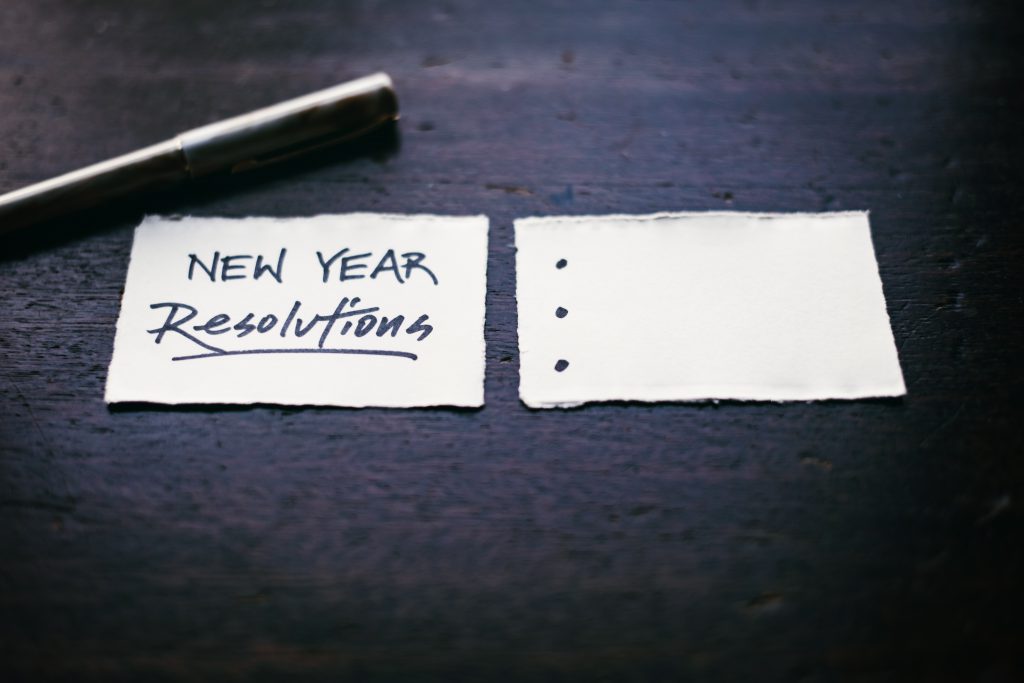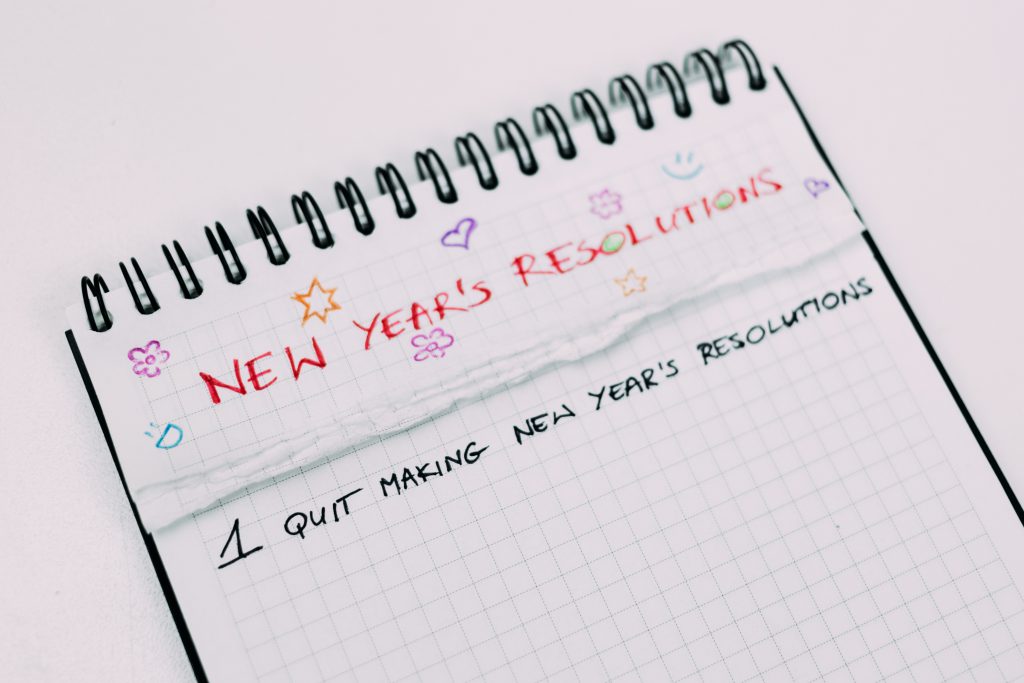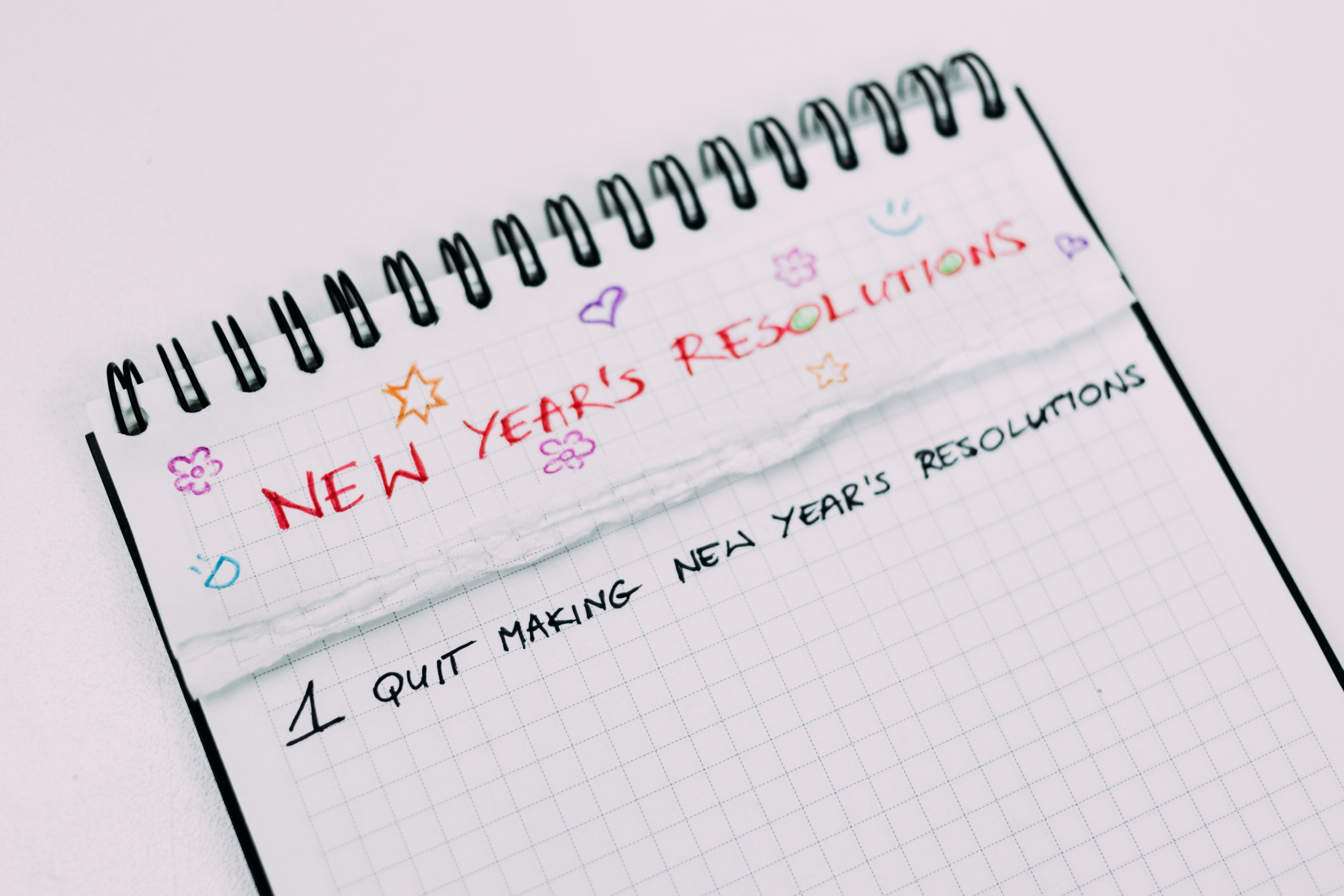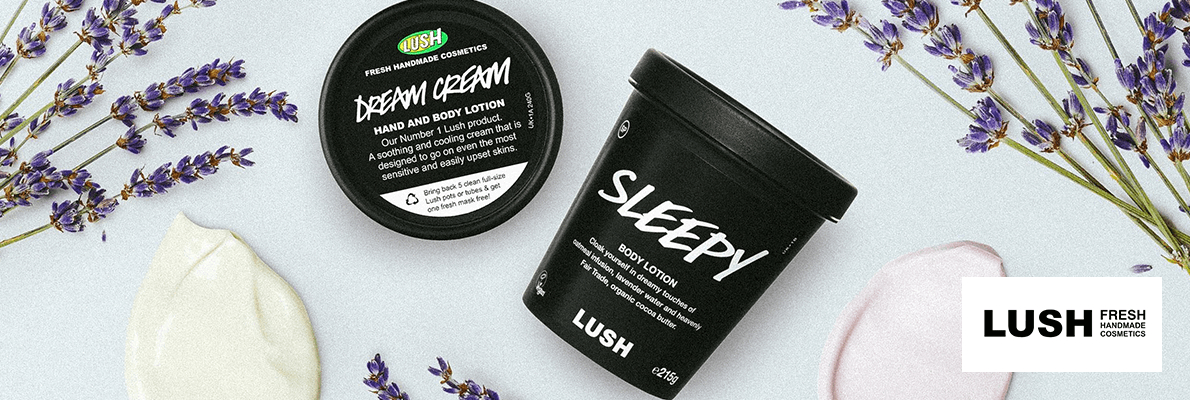
With all the unfortunate events that unfolded this year, we bet you’re more than ready to start over and dive headfirst into 2021. No rewinds, no regrets — we’re just going to leave this large trash pile of a year behind us and never look back.
This also makes writing our New Year’s Resolutions — setting higher goals, trying new things, and choosing fresh paths — feel like the reset button we’re all so eager to push. But hold up: weren’t we high with optimism too when we closed last year? And the year before that? In retrospect, how much of our 2020 resolutions did we achieve before the year turned into a dumpster fire of ash, face masks, and government lies?
None? Don’t worry — it’s the same for us.
So if that’s the case — and especially after a year when our anxiety levels hit an all-time high — can we still pick up the pen and write resolutions for ourselves?
Yes…
Yes, we could. If only to hold out hope for a better year and to strive for a better version of ourselves, then by all means let’s fill our notebooks with all the New Year’s resolutions we could think of.
Let’s spare the specifics for a minute and think: the point of making these lists is to generally improve our quality of life by whatever measuring stick we make for ourselves. Usually, we stick to these lists to get in shape, climb the ladder of wealth, or kick a bad vice to the curb — and all those are good goals to strive for.

Do we often fall flat on those goals? Yes. Does that make the credit less deserved? Absolutely not. That’s because, according to psychology professor Perl Carlbring, even making one shows we care about ourselves. baby steps are still steps, and whether we meet them all or none at all is something only we can attest to…
…But also no.
…unless the fact that we’re taking our resolutions too seriously is harmful to our mental health.
We only say “no” if the drive that these New Year’s Resolutions give us is coming from a place of pressure or compulsion. It’s true: these are goals we set for no one but ourselves and thus don’t actually have any real-life impact when we don’t meet them, but that doesn’t mean we can still feel stressed from our personal shortcomings.
Especially if those goals are too material, too general, or too sweeping, we tend to fall into bad habits just to feel adequate about accomplishing them, such as becoming too results-oriented, comparing our progress with others, and wearing ourselves too thin.

Surely, there must be a better way to bring about change at the beginning of the year?
So, how?
Wherever there are goals to be set and plans to be made, whether at work, among friends, or inside the home, we always ask all the objective questions. Who should lead? When or where should we start? How long should it take us? What should we get out of this?
According to psychology and neuroscience professor Sara Dolan, the key to the best kind of New Year’s Resolutions is downsizing, which mainly involves asking just one question: why are we doing it in the first place?
Question your motivation. It’s cool if you want to lose a hundred pounds in 2021, but why? So I could fit into all the clothes I didn’t get to wear last year. But why? So I could finally meet my friends without getting ridiculed? But why? So I could build my self-esteem back up again.
There we go. Any one of those answers could have been a goal in itself, but it’s always best when we do it from a place of pure internal motivation.
By setting these resolutions, we’re not signing up for a race to win it, but rather choosing to become a better runner.
From there, it’s easier to pare our plans down to bite-sized, realistic steps that we can actually achieve. It also helps to keep them “amorphous” — instead of wanting to “earn a million by year-end” or “losing 150 pounds by December,” try setting something like “setting aside every PhP100 bill I make” or “jogging at least once a day.” They’re simpler, and possibly more ambiguous, but also more achievable. This also makes you check in more often and pay more attention to yourself too.
Whether you’re ditching a bad habit or adopting a good one, the point is the same: to be attentive about what choices we make and what patterns we prefer to live by. Keep in mind that by setting these resolutions, we’re not signing up for a race to win it, but rather choosing to become a better runner.
2020 has been tough; we shouldn’t make it tougher for ourselves next year.






















